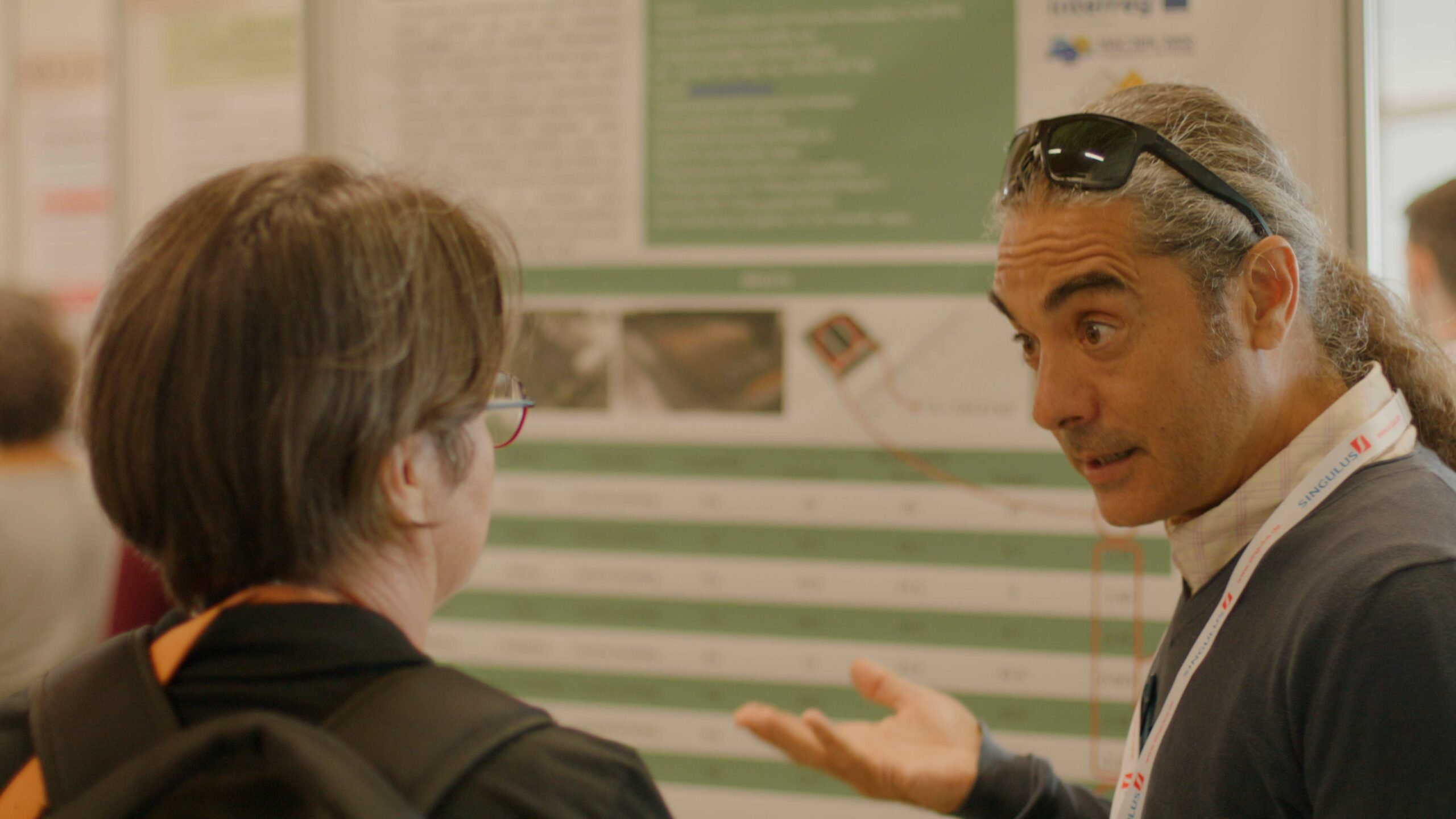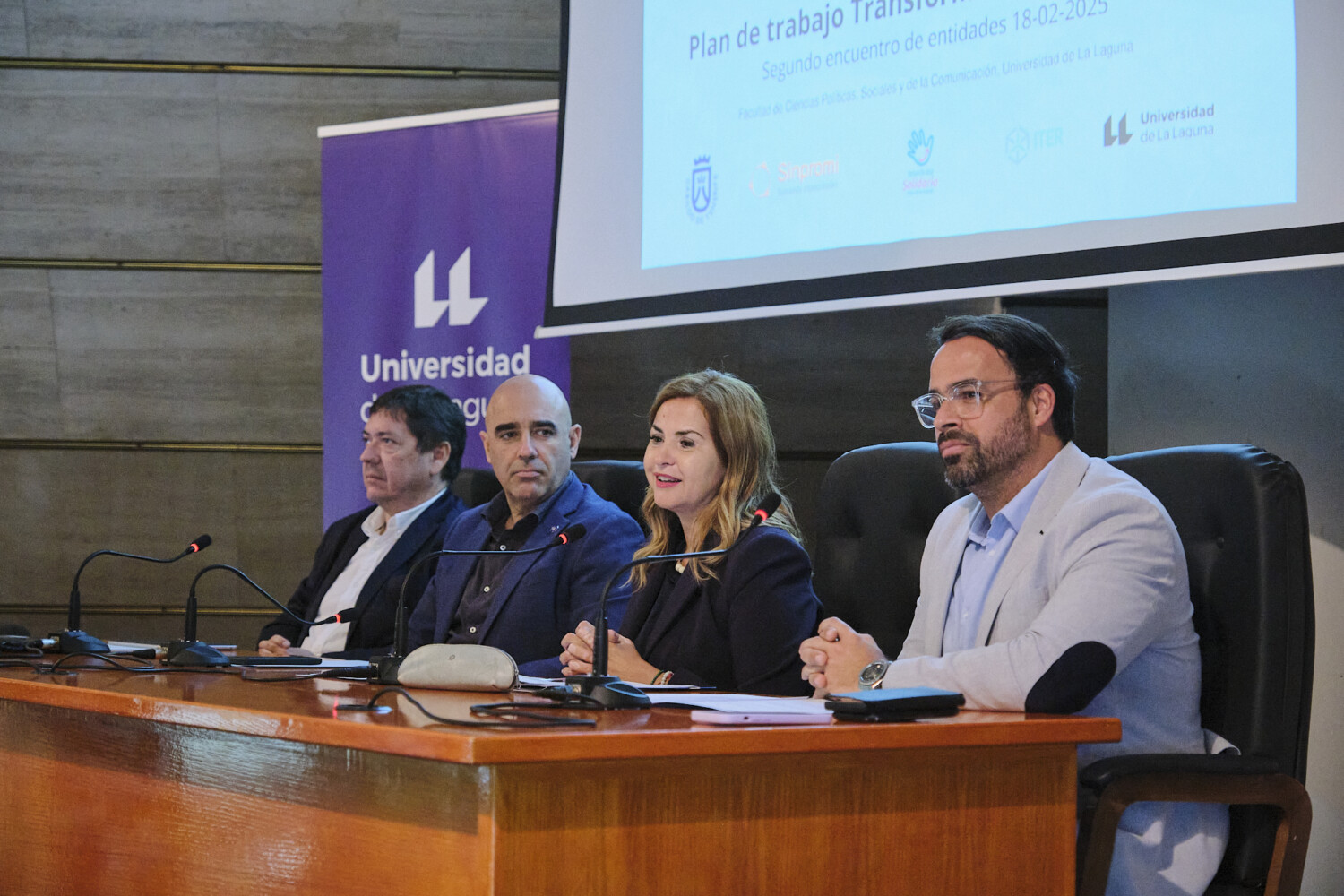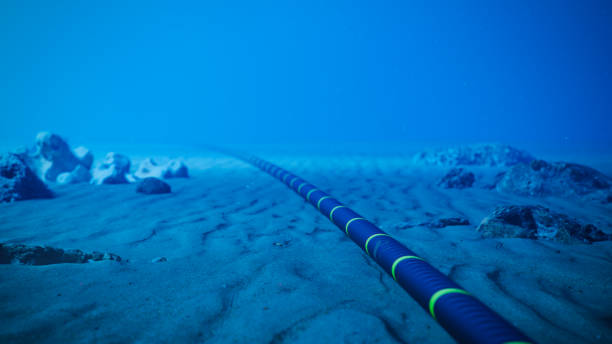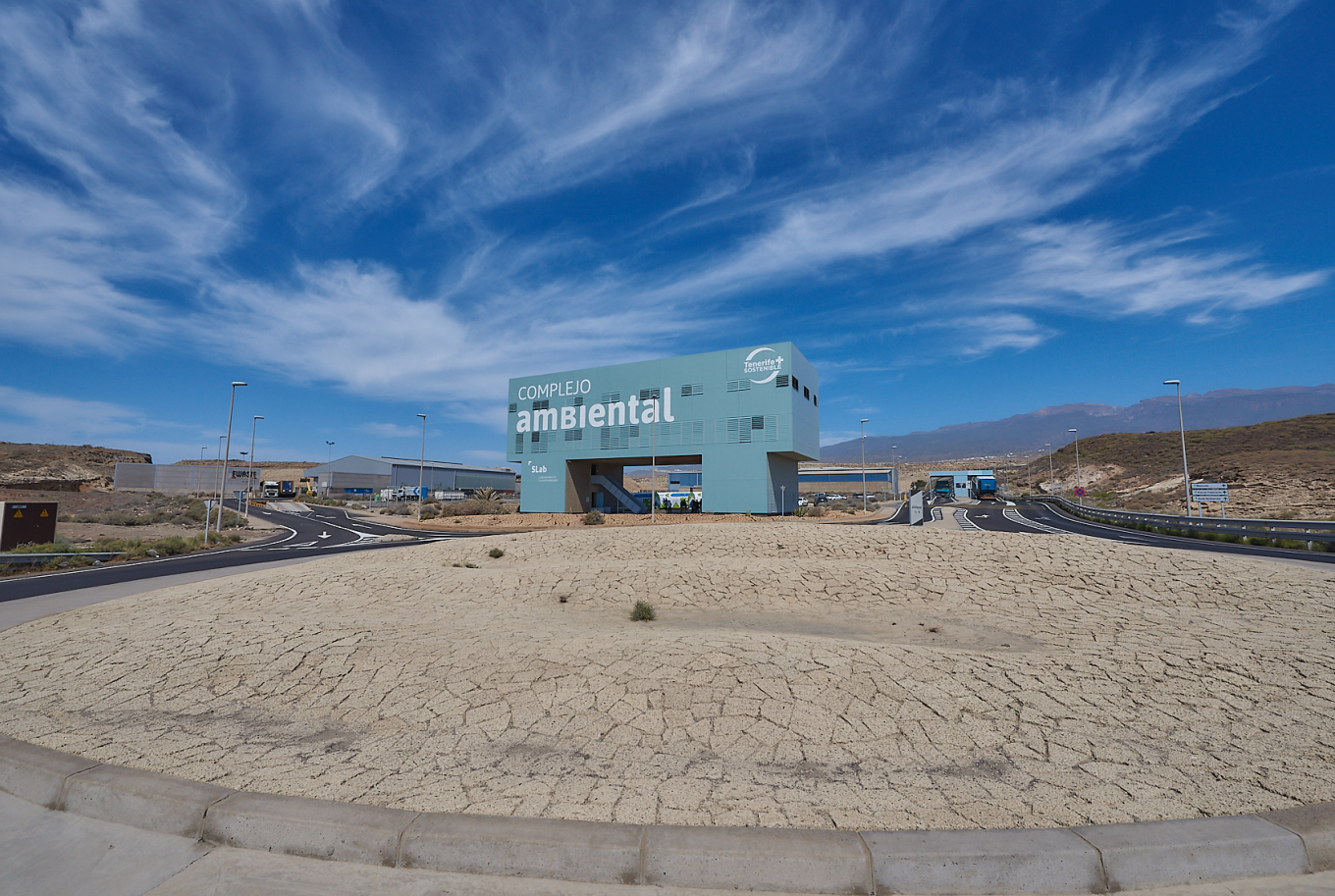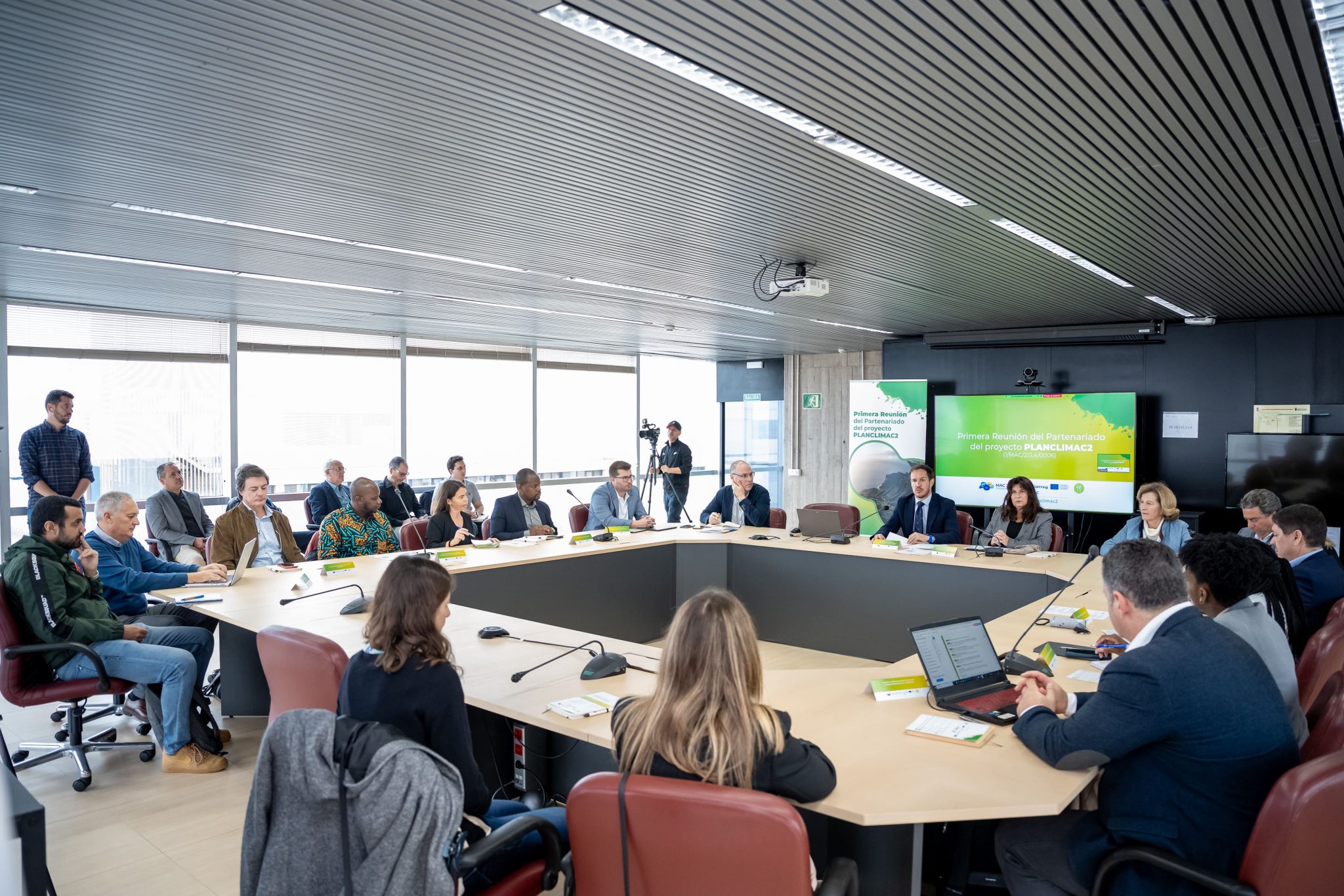The research staff of the photovoltaic energy department of ITER has presented in this outstanding international scientific event held in Lisbon, the results of the research carried out in the Laboratory of photovoltaic cells within the framework of the MACLAB-PV project.
The Instituto Tecnológico y de Energías Renovables (ITER), dependent on the Cabildo de Tenerife, has participated with two scientific communications related to the MACLAB-PV project in the 40th European Photovoltaic Solar Energy Conference and Exhibition, the European conference par excellence on photovoltaic solar energy conversion that took place in Lisbon (Portugal) from September 18 to 22.
The two scientific communications presented at the congress have been elaborated in collaboration with the University of La Laguna (ULL) and in them the research group of the Photovoltaic Cells Laboratory of ITER has presented the latest advances of its research, reinforced thanks to the European project MACLAB-PV. European project MACLAB-PVco-financed by the European INTERREG MAC Program 2014-2020.
The results shared with the specialized scientific community and other representatives of the photovoltaic energy sector in the EU PVSEC-2023 focus on the progress made by ITER and ULL in the development and improvement of the stability of photovoltaic cells based on Perovskite. This material, more efficient, accessible and economical than silicon, is being studied with great interest globally to explore the wide possibilities it offers.
In particular, a summary of the work carried out during the last years has been presented, to produce inks and conductive pastes composed of non-precious materials, such as Graphite, Carbon Black, aluminum and nickel, together with vehicles composed of binders such as epoxy resin, collodion, EVA and PVDF, as well as solvents used mainly as diluents of the mixture, such as toluene and chlorobenzene, to improve their compatibility with perovskite when deposited.
The use of ethyl vinyl acetate (EVA), poly(methyl methacrylate) (PMMA) and polyvinylidene fluoride (PVDF) compounds as encapsulating materials has also been studied to improve the stability of perovskite solar cells against ultraviolet radiation in humid environments, which cause different degradation processes in these devices.
Within the framework of the MACLAB-PV project, ITER is working on the acquisition of different equipment that will allow the implementation of new research lines in its Photovoltaic R+D Laboratory, a leading infrastructure in this field in the Canary Islands. The works of this scientific-technological infrastructure in improving the efficiency of solar cells through new thin film materials are of great interest for its application at industrial scale, for its contribution to the cost reduction of photovoltaic systems.
EU PVSEC is Europe’s largest conference on photovoltaic research, technologies and applications and, at the same time, a PV industry exhibition, where the specialized PV industry presents technologies, innovations and new concepts for the photovoltaic sector. This event, which has been held for more than 40 years, brings together the global PV industry to present and discuss the latest developments in photovoltaics, network and do business.
Papers presented:
- C. Montes, L. Ocaña, B. González-Díaz, S. González-Pérez, E. Llarena REVIEW OF A RESEARCH CARRIED OUT TO PRODUCE CONDUCTIVE INKS AND AGGLOMERATES THAT MAKE USE OF NON-PRECIOUS MATERIALS TOGETHER WITH VEHICLES COMPATIBLE WITH THIN LAYERS OF PEROVSKITE (2BV.2.9).
- L. Ocaña, C. Montes, B. González-Díaz, S. González-Pérez, E. Llarena. TESTING EVA, PMMA AND PVDF UNDER UV IRRADIATION FOR A NEW LOW TEMPERATURE ENCAPSULATION METHOD FOR PEROVSKITE SOLAR CELLS (2BV.2.12).


